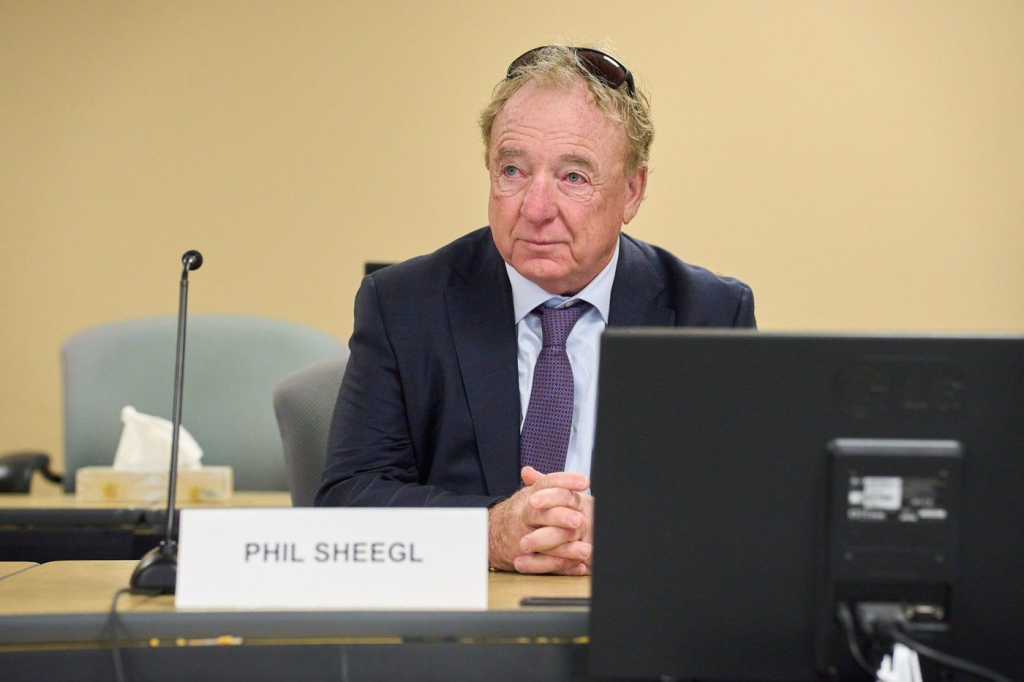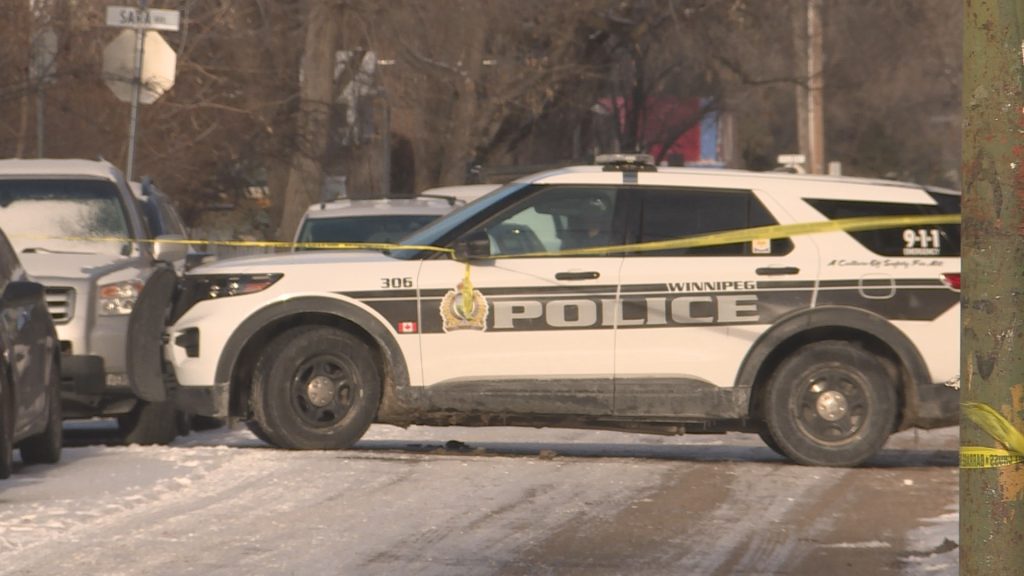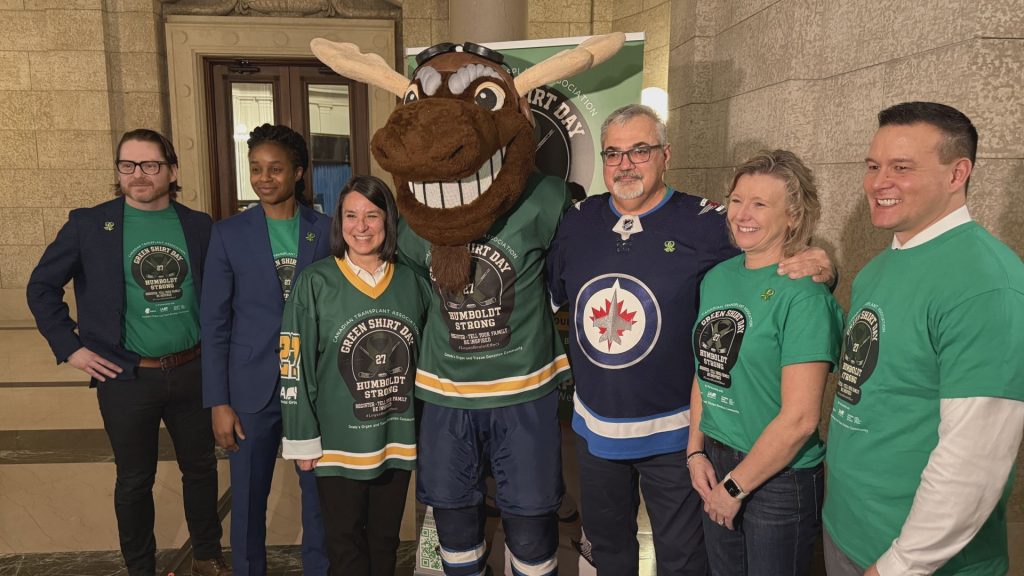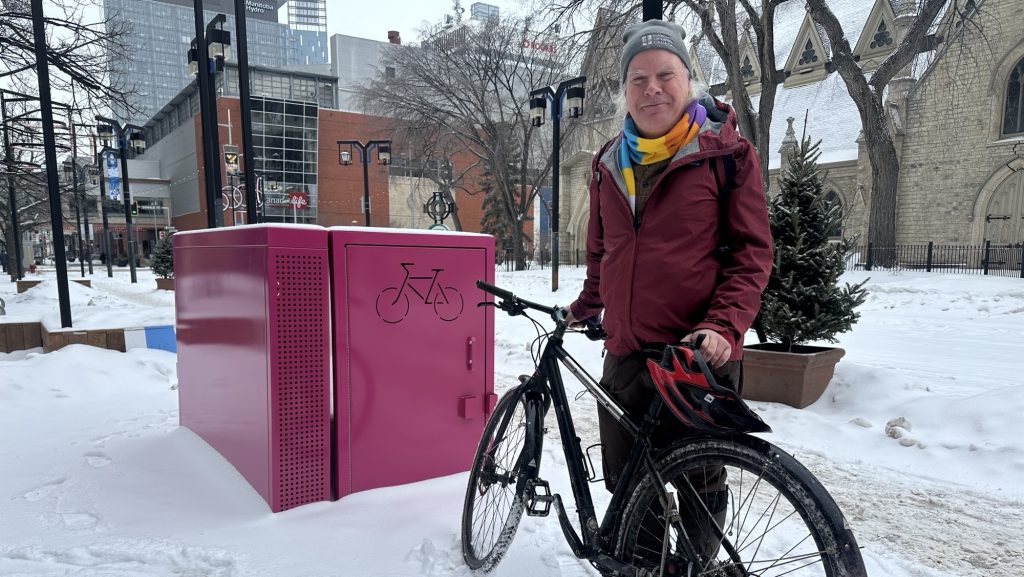Residential school survivor prepares for historic audience with Pope
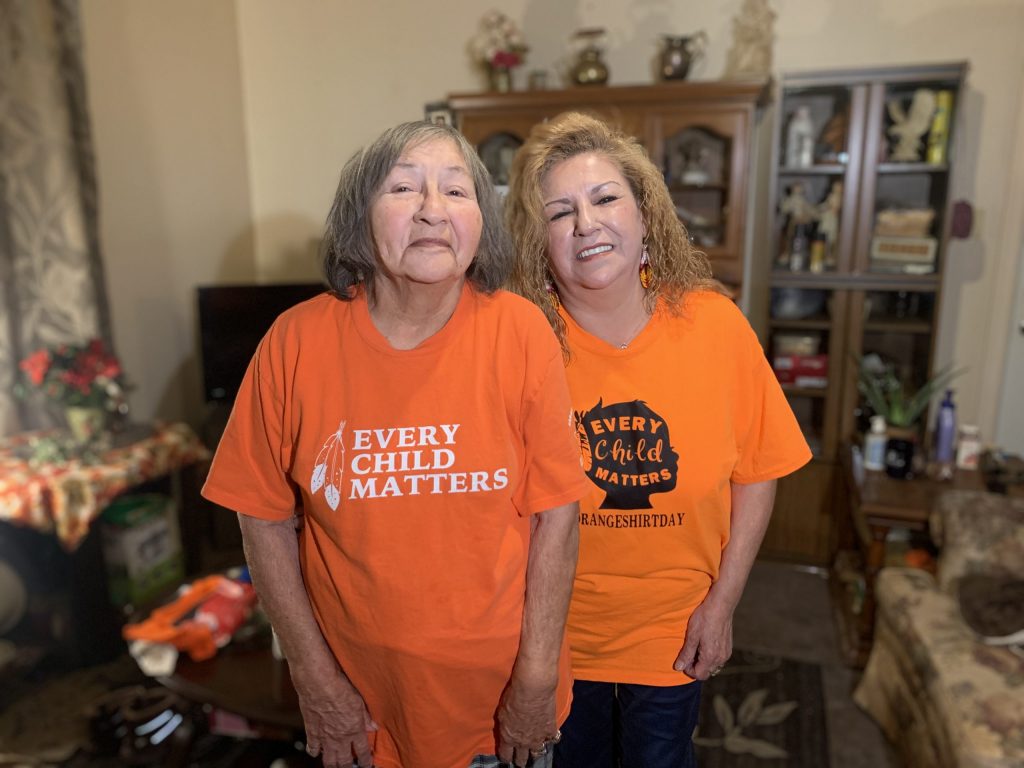
Posted December 14, 2021 7:08 pm.
Marlene Cloud is more anxious about getting blood clots from her flight to Rome than the meeting she’s scheduled to have with the Pope when she eventually arrives.
“I don’t know what I’ll say to him,” Cloud says nonchalantly from her home in Kettle and Stony Point, Ont. on the shores of Lake Huron. “I’m more worried about the long flight.”
A residential school survivor in her eighties, Cloud has never set foot on a plane. As one of thirteen delegates from the Assembly of First Nations, she is now preparing for an historic meeting with Pope Francis to discuss reconciliation.
The group’s flight was scheduled to depart on December 14th, but rising COVID-19 case numbers and the omicron variant compelled the AFN, Canadian Conference of Catholic Bishops, Métis National Council, and Inuit Tapiriit Kanatami to postpone trip to the Vatican until next year.
Many hope the Pope will apologize for the Catholic Church’s role in running residential schools, either at this planned meeting, or during a visit Canada. The Truth and Reconciliation Commission calls for a papal apology on Canadian soil. After initially resisting the idea of issuing an apology, the Pope has since committed to visiting the country. He has not committed to saying sorry on behalf of the church.
Cloud is one of approximately 150,000 Indigenous, Metis and Inuit children forced to attend residential schools, where practicing their languages and cultures were prohibited.
“They would just come along and swing their straps if they heard us. We were told that we couldn’t talk our language. We were actually told that. We had to learn a new language, and that was English,” says Cloud.
“They took away our name and they gave us a number and whatever number we had.”
Cloud attended the Anglican-run Mohawk Institute in Brantford, Ont. She was ripped from her home more than 175 kms away at age six. Once there, Cloud spent little time with her siblings at the school, and lived in fear.
“All I remember over those years was nobody loved me. Nobody cared about me. I was scared all the time.”
At the school, Cloud says her sister caught tuberculosis and was “sent home to die.” When Marlene herself later became ill, the school also sent her back to her community. Unlike her sister, she was lucky: local physicians caught her disease early enough that she was able to be treated and cured in hospital. Once healed, she was allowed to return home.
After all these years, the psychological, emotional and physical scars from her time at the Mohawk Institute are still apparent.
“I put it all behind a curtain,” she begins. As she speaks, she rubs her partially amputated fingers, lost at school when she was forced to use a mechanical bread-slicer with out protection. She says she was about eight years old.
“I closed that curtain. I forgot that part of my life existed. That’s what I wanted to do. I just wiped it out.”
The curtain re-opened about 20 years ago, when she went on a reclamation trip of sorts with other survivors from the Mohawk Institute. They went back to the place they’d experienced so much pain.
“It was sort of a reunion, lots of us there that had been there.”
Eventually, she led a group of survivors in launching a ground-breaking class-action lawsuit against the church, Canadian government and several other parties for breach of fiduciary duty, negligence, assault, sexual assault, battery and breach of aboriginal rights.
Their case, Cloud vs. Canada, paved the way for the Residential School Survivors’ Settlement and ultimately contributed to the creation of the Truth and Reconciliation Commission.
Cloud believes that’s why she was invited to meet with the Pope, among an esteemed list of Indigenous leaders, including Norman Yakeleya, regional chief for the Northwest Territories; former AFN national chief Phil Fontaine; and Chief Wilton Littlechild, a former Parliamentarian and Cree Chief.
“To me, residential schools all across Canada are one. It doesn’t matter what religion was taught at each school. To me, they are all the same,” says Deanna Cloud-Bressette, Marlene’s daughter. “Whether they were Anglican or Catholic, they were run the same. They were all treated the same way. Abused and starved. Beaten.”
Bressette and her sister Joanna were planning on joining her mother on the trip. She recalls when her mother first told her about what had happened to her as a child.
“When she started to tell me — and it was only after the [class-action] lawsuit that I found out anything — I broke down,” says Cloud-Bressette. “I couldn’t believe the abuse and torment my mother, and many other survivors, had to go through. I was horrified and disgusted”
Cloud-Bressette is disappointed the trip is postponed but is anxiously awaiting the rescheduled dates.
“I’m hoping this man will apologize, not only to my mom, but to Canada. How many years have people been asking him to apologize? What’s so hard about saying I’m sorry?”
“I hope they feel shame somewhere for what happened to us,” Cloud says, fighting back tears. “We were children. We were kids. They didn’t treat us well. They didn’t show any love to us. We had to live without love.”
Cloud says she wants the Pope to hear everybody’s story, to hear what truly happened in the nearly 140 residential schools across Canada. While she will have to wait for her audience with the Pope, she says she’s going in with an open mind.
“I have to focus on forgiveness, I have to forgive people for what happened because if I don’t, I’ll never be happy. I want to be happy.”
